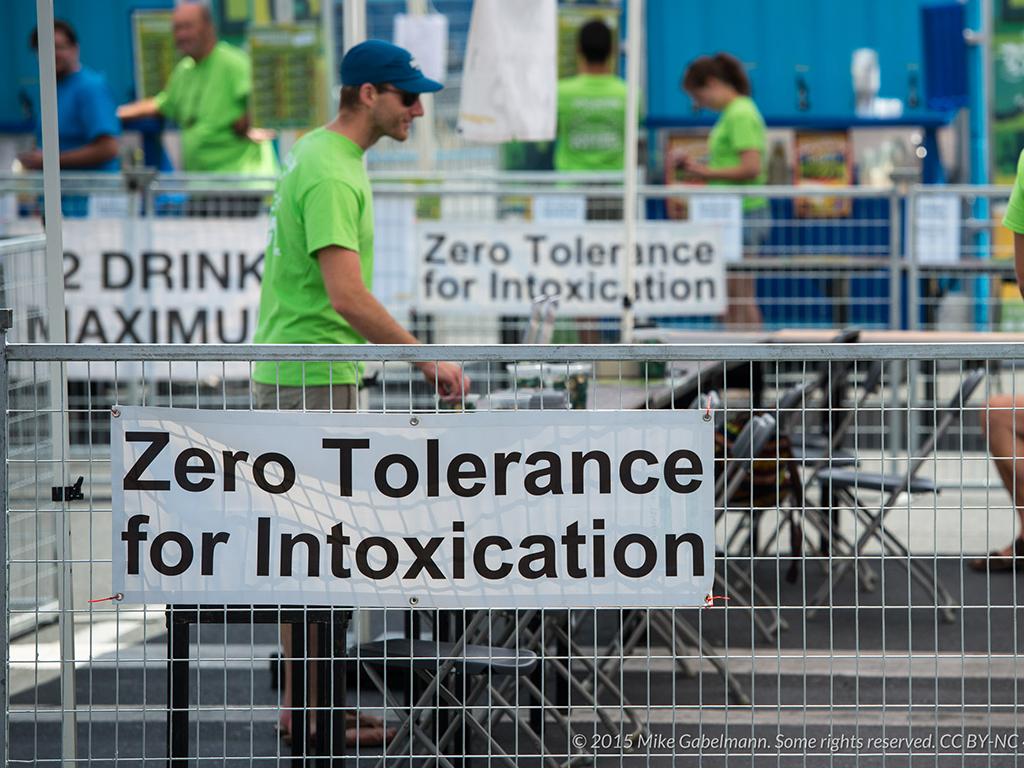In the action movie Demolition Man (1993), Simon Phoenix, a convicted crime lord frozen in 1996, is revived for a parole hearing well into the 21st century. Revived into a society free from crime, Phoenix resumes his murderous rampage, and no one can stop him. John Spartan, the police officer who captured Phoenix in 1996, has also been cryogenically frozen, this time for a crime he did not commit. He is defrosted to put an halt to the criminal activity.
In 2032, the former cities of Los Angeles, San Diego and Santa Barbara have merged into peaceful, utopian San Angeles. John finds it difficult to adapt this new world order, based on a strict, automated control of public life. Every thoughtless curse is directly fined — as it is being registered by machines that observe the ‘verbal morality standard’.
John Spartan enters a world of zero tolerance that was still far away in 1993, but is somewhat more familiar to us now. The cameras, microphones and sensors on the street, on the internet, in our phones and watches are making it happen. Every offence, in word, act and (soon!) thought, is registered and can be fined — or at least can cost you 'citizens credits'. Think of all the traffic rules, including ignoring a red traffic light; insulting the king; illegally downloading a movie, cd or book; playing Spotify music at a party; the use of a copyrighted image in a presentation, photographing the Erasmus bridge in Rotterdam; and (until recently) singing ‘happy birthday’ in a YouTube video — there is just no end to this list.
You may find this a welcome development - laws and rules are not for nothing and every offence made is one. A 100% chance of being fined will lead to a certain change in behaviour and misconduct will rapidly decrease - thus creating a safer society, like the one of San Angeles. Still, I'm not so sure that I want to live under those circumstances.
First of all, laws are sometimes unnecessary strict, which only becomes irritating when they really are applied. Whether it safe to walk when the traffic light is red, depends on the situation; and copyright laws have been stretched way too far. Secondly, an automatic fine leaves no space for interpretation or consideration for the context. The human scale has gone and will not soon return. And finally, a very disciplined society will come to a standstill, socially and culturally. Innovation only emerges when borders are crossed, in mild forms of civil disobedience and asking for mercy instead of permission. This may go wrong, indeed, but there is no renewal without risk.
I can see two ways out: a radical emphasis on privacy (needed, I think), and a fundamental reconsideration of a number of laws and rules. Among which: copyright, patents, freedom of speech and (human) traffic. We will have to redefine what we see as acceptable behaviour, emphasizing the protection of the individual and the group against the power of the state and the corporate world; in which citizens have a greater freedom to make their own choices and arrange their lives. We have to realise that a society where all risks are banned does not exist, and is also highly undesirable.
That is the only way we can prevent that we have to ask frozen forces from the past to put thing in order again.
